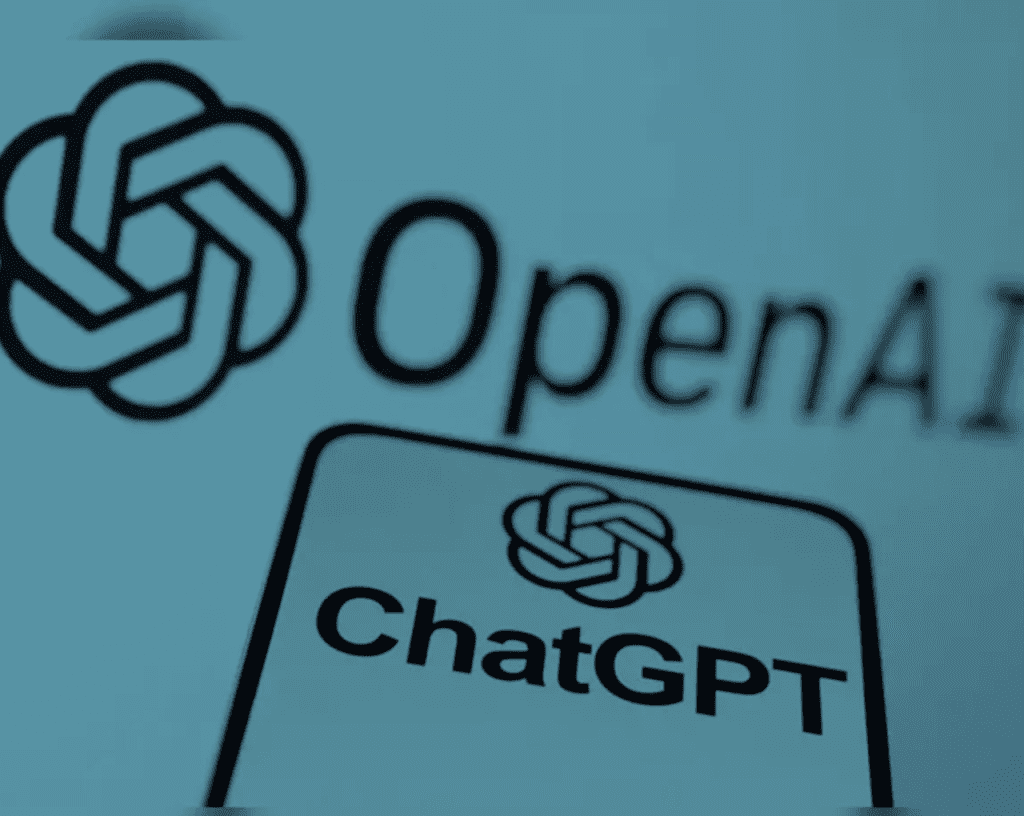The Risks of using AI tools like Chat GPT for medical record review

The AI revolution has captured the world’s interest inside and out of the legal community. While it offers advantages, it’s crucial to understand AI’s limitations and when not to use it.
The Risks of using AI tools like Chat GPT for medical record review
Safeguarding Patient Privacy:
Medical Records contain highly sensitive information about your clients. Prioritizing data security is paramount when developing and handling medical chronologies. While ChatGPT excels at processing data and generating text, it lacks the necessary mechanisms to ensure HIPAA compliance. This raises concerns about potential breaches of patient confidentiality, making it an unfit tool for handling protected health information.
Also – All of the models we’ve assessed have Terms and Conditions that prohibit us from using Protected Health Information without the consent of your client.
Bias and Legal Implications:
AI models can inadvertently perpetuate biases present in training data, raising concerns about fairness and potential legal consequences. Professional responsibility and duty of care must be considered when relying on AI alone.
Contextual Understanding Challenges: AI tools struggle to grasp contextual nuances, leaving them reliant solely on provided information. The complexities of language and legal cases can lead to errors or omissions, as AI lacks the ability to interpret subtle nuances accurately. Understanding the intersection of medicine and the legal framework of a civil case is critical.
Inconsistency Identification Deficiency: AI-powered tools may miss critical details or misinterpret the context they are summarizing. The inability to identify inconsistencies or conflicts within the data poses risks, potentially compromising the accuracy and reliability of the medical record review.
Client Communication Gap: AI tools lack the human touch required for effective communication with clients. They are unable to address unique needs or requirements, leaving clients without the personalized approach that human doctors can provide.
Why doesn’t Trivent Legal use AI-powered tools for medical summaries? Let us look at why clients choose us:
Meticulous Attention to Detail: Trivent understands that every detail matters in a legal case. We meticulously ensure accuracy, completeness, and error-free chronologies. With us, you can trust that even the smallest details receive the attention they deserve.
Client-Centric Approach: We genuinely care about our clients’ concerns regarding data confidentiality, cost, effort, and service quality. At Trivent, we are committed to providing the best solutions tailored to each client’s unique needs. Your satisfaction is our top priority.
Stringent Data Security: Rest assured that your sensitive data is safe with us. Trivent has strict protocols in place to guarantee data security, limiting access to authorized personnel only. Trust us to handle your information with the utmost care and professionalism.
Value Beyond Cost: While cost may be a consideration, it’s essential to evaluate the added value our human touch brings. Trivent’s experienced professionals identify gaps, inconsistencies, and missing information that AI-powered tools may miss. We go the extra mile to obtain the necessary details, ensuring comprehensive and reliable chronologies.
Dedication and Expertise: Trivent’s team is driven by a deep commitment to excellence. We take great pride in our work, going above and beyond to provide the highest level of service possible. Our dedication and expertise surpass the capabilities of AI-powered tools, guaranteeing meticulous chronologies for your legal cases.

The AI landscape is evolving, but it is still in its nascent stage. Our team of experts are actively testing scenarios where AI can transform our records review business. While we don’t feel AI ready for mainstream consumption, Trivent Legal is eagerly anticipating its full potential